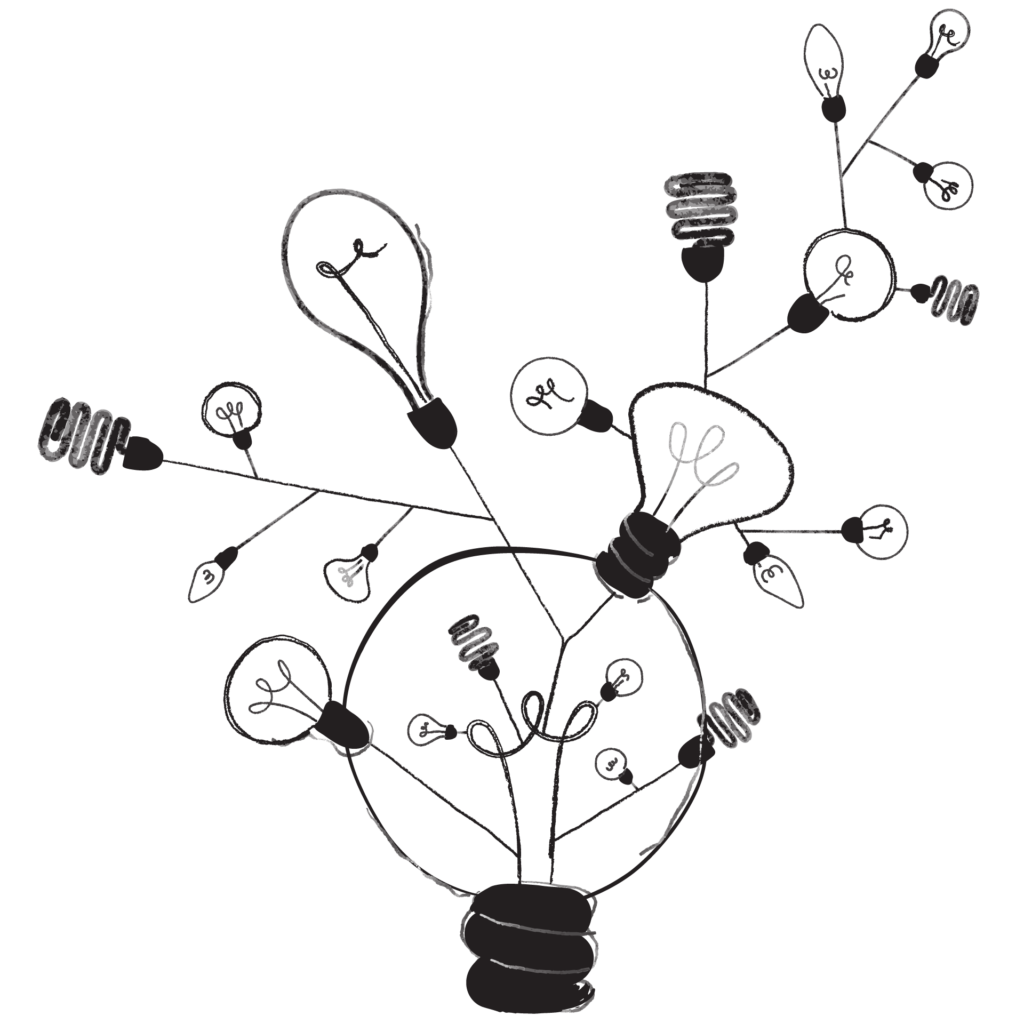What is ADHD?
Attention Deficit Hyperactivity Disorder (ADHD) is one of the most common neuro-developmental disorders among children. Attention is a skill. But kids with ADHD struggle to direct attention to where it’s most needed. What was that you were saying again?!
Tell me about ADHD
Children with ADHD are ‘global’ thinkers. They absorb their environment through a wide-angle lens. As such, they present as inattentive, easily distractable and impulsive. Sustained focus with particular tasks is challenging.
More problematic than the ADHD itself, is the impact of inattention on a child’s self-esteem, particularly once they’re at school. They struggle to listen so they can easily fall behind the rest of the class. Acceptance and praise for their ‘out of the box’ thinking, helps enormously.
DOES MY CHILD HAVE ADHD?
ADHD can be hard to diagnose. Many of the symptoms are things all children struggle with, at times. Attention skills are developmental. The severity of ADHD will vary among children and may become more obvious as a child gets older. When the inability to focus begins to interfere with every-day functioning then it’s time to pay attention!
There are 3 subtypes of ADHD:
ADHD Combined. The most common, and characterized by impulsive, hyperactive behaviours as well as inattention and distractibility.
ADHD Impulsive/Hyperactive. The least common, and characterized by impulsive and hyperactive behaviours without inattention.
ADHD Inattentive/Distractible. Characterized predominately by inattention and distractibility, without hyperactivity.
A Paediatric GP with a holistic approach and understanding of mental health can help you explore your concerns. They may ask for an assessment to be carried out by you and the child’s teacher. For a formal diagnosis, a psycho-educational assessment can be done by a qualified Educational or Child Psychologist.
WHAT ARE THE TELL-TALE SIGNS?
Distractibility. An ADHD child has trouble staying ‘on task’ and maintaining focus on activities that require effort. They struggle to prioritise and select what’s relevant. Blocking out internal or external ‘noise’ is hard. Instructions are easily forgotten, details missed and tasks unfinished. They may dawdle frequently, seem absent-minded or forgetful. Changes in routine and transitions can cause them anxiety.
Hyperactivity. Levels of hyperactivity vary. Some may struggle to physically sit still, others to play quietly. They may seem ‘on the go’, as if driven by a motor. Some may climb or run around when they shouldn’t. The ADHD child is restless, rushing through things and making careless mistakes. They may act in ways that disrupt others without intending to. Nail-biting, excessive talking and an aversion to boredom are also signs of hyperactivity. On the flip side so are long periods of procrastination.
Impulsivity. Frequent interrupting and an inability to wait their turn are typical behaviours. A child might be quick to push or grab. They come across as impatient. They may do things without asking for permission, take things that aren’t theirs, or act in ways that are deemed ‘risky’. They may have emotional reactions that seem over-the-top for the situation at hand.
Sociability. A sensitivity and extreme ‘chattiness’ reveals their intense need for connection. Yet their inflexibility and impulsivity can make it hard to keep friends. The ADHD child can feel hugely frustrated with themselves. They are sensitive to the perception that they are ‘naughty’ or difficult. Low self-esteem and feeling misunderstood leads to increasing defiance, defensiveness and aggression.
WHY DOES MY CHILD HAVE ADHD?
There are conflicting views about why some children develop ADHD and not others. Some pin ADHD on genes, others on ‘parenting’. While we all want answers, talking about the ‘why?’ is neither easy nor necessary. As parents we can be quick to blame ourselves. Or, because the idea that we may have contributed is too painful, we push aside any role we might have to play and focus on ‘fixing our child’ instead. Neither position is helpful for the family.
A hopeful and growing body of research points to ADHD being reversible. Genetically, we may have a predisposition or ‘sensitivity’ to developing ADHD. Early-year experiences, environment, culture and emotional stressors have a role to play. The good news is that with the right environment and caregiving a child can recover, heal and thrive.
How Is ADHD Treated?
Treatment for ADHD usually includes:
Parenting Support. Understand your child’s needs and behaviours. Learn how to respond sensitively. Enlisting the help of responsive nannies or caregivers is important.
School Support. Environments and teachers that encourage exploratory thinking, active ‘breaks’ and offer lots of nurture can help ADHD children thrive. A warm and affirming teacher can make all the difference.
Therapy. Occupational Therapists can help develop lagging social and planning skills. Play Therapists can support with some of the emotional sensitivities.
Medicine. Psychostimulants arouse the brain’s capacity to inhibit unwanted stimuli. This makes it easier to focus. As with all drugs, and depending on dosage, side-effects do exist.

Want to know more?
MatchMe Therapy is on a mission to help families. We’re just getting started so please get in touch if you want to learn more about what we want to do and how we hope to do it.
